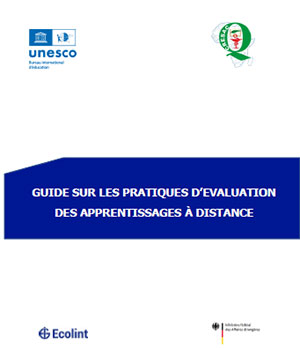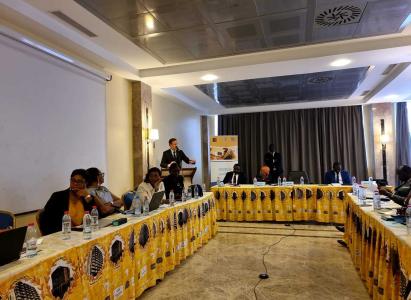Context
Distance learning became the staple of the school and university experience throughout the Covid pandemic. Students and teachers had to shift to online learning at short notice and millions of people found themselves in Zoom calls (or the equivalent) including very young children. Some countries, districts and systems adapted well to the change, others struggled. The pandemic brought to the surface the so-called digital divide. Many countries in the Global South have limited access to the internet, which meant that during Covid, students in these countries were left behind, exacerbating learning gaps.
With the acceleration of technology, especially generative open source artificial intelligence (AI), those living in environments with steady broadband connection will have unprecedented opportunities to learn that will propel them into the second half of the 21st Century. By piggy-backing on the algorithmic power of generative AI, learning will be accelerated and condensed. However, those without access to an internet connection will fall further behind. This is particularly dramatic for the continent of Africa, which has the fastest growing population, the planet’s youth of tomorrow, but the lowest percentage in the completion of high school and the lowest access to the Internet in a world where the future of work will be massively dominated by technology.
With some likelihood that future global crises will force learning systems to go back online and with the expansion of learning opportunities through hybrid, blended and remote learning, assessment systems must evolve. The 2022 Transforming Education Summit has set a global imperative for all education providers to integrate new technologies more intentionally into the curriculum. Therefore, the summit on the assessment of distance learning organised by UNESCO’s International Bureau of Education, brought around the table thought leaders from Central and West Africa, to address core questions on technology for learning and assessment. Included in the group were the Cameroonian minister of Education and the Ambassador of Côte d'Ivoire to UNESCO.
 Challenges and opportunities
Challenges and opportunities
The ultimate goal of the summit was to validate a guide on distance learning evaluation that will be used by ministries of education in central and western Africa.
Online learning in Sub-Saharan Africa is not easy: in many contexts, students use WhatsApp and SMS, and under these conditions, assessment is very difficult. Ultimately – and this is something that the experience of Covid taught us at Ecolint – online learning gives us an opportunity to rethink assessment. Portfolios and projects become more important in distance learning and, in many ways, represent a more authentic, differentiated and valid way of assessing competences.
Two key concepts to consider in this exercise are:
- adaptation (not trying to carbon copy face to face learning to an online environment; shortening lesson time and changing assessment)
- wellbeing (understanding that online learning is an ergonomically challenging and socially isolating experience, that instructor-to-learner and learner-to-learner rapport must not be lost, the importance of equity and inclusion must be reinforced, ensuring that learners are present and engaged).
The assessment of student work via distance learning platforms presents major technical, philosophical and educational challenges. It was stimulating to see the progress that is being made across educational systems and nations in this regard.
Ecolint and UNESCO IBE's partnership
Ecolint is an official partner of this project, offering technical expertise and sponsorship to the elaboration of this important guide. Our participation is an act of solidarity and partnership with schools in the Global South that operationalises, concretely, our mutual aim, which is to “transform curriculum today to build the education of tomorrow” (UNESCO-IBE).
One of the crises facing education today is fragmentation: private, public, national and international systems work in parallel but not together. It is particularly important for private international schools to contribute to Sustainable Development Goal 4 as part of a global movement to broaden access to high quality learning. It is therefore a privilege and an honour for Ecolint to be part of this project which unites us with learners in contexts that are very different to ours.
Ecolint’s Global Citizenship Education course, which will be developed over a two year period with UNESCO-IBE and the United Nations Office for Human Rights, will operationalise some of these broader assessment principles, possibly with an online component. One of our goals is to make the course available to learners across the globe.
Ecolint will continue to partner with UNESCO-IBE on a diverse set of educational projects that will benefit not only our students but those in various learning environments across the globe. These include conference participation, teacher training and/or guide production on:
- Global Citizenship
- Wellbeing
- Decolonising the Curriculum
- STEM
- Curriculum relevance
Conrad Hughes,
13 July 2023
